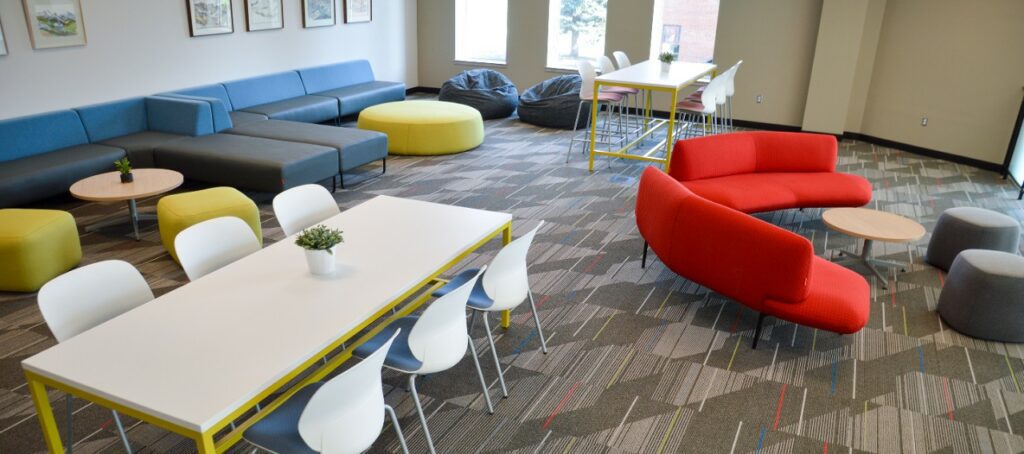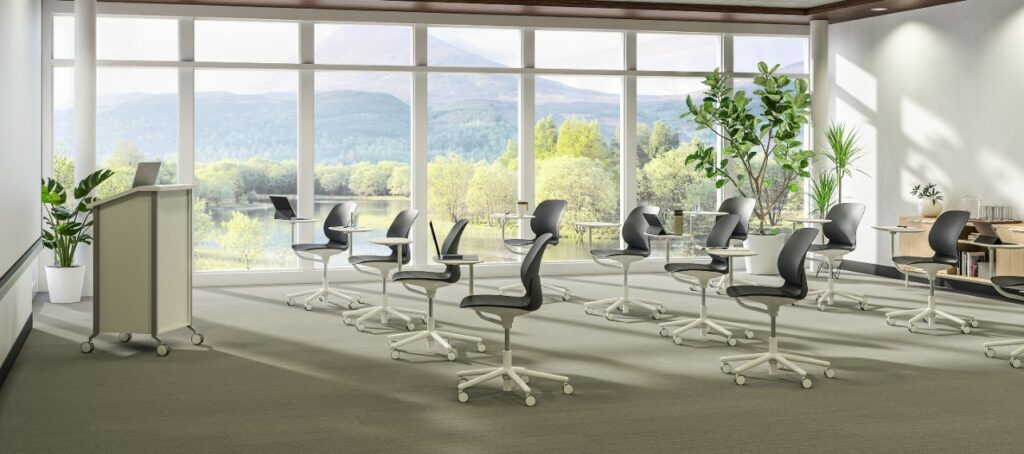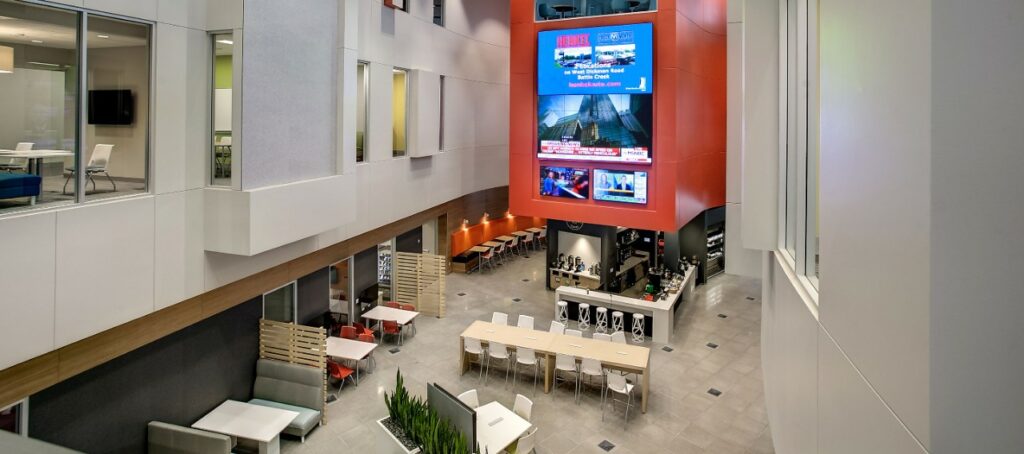Higher education can be an exciting yet challenging journey that prepares college students for the next season of their lives.
While there is a myriad of factors that may affect their level of success, one key factor that significantly influences their overall experience in school is having a sense of belongingness.
The Importance of a Sense of Belonging
What happens when you feel like you really fit in an environment? You feel connected and valued, and the way you engage socially and academically is fostered.
Research shows that when students have a great sense of belonging, they are more likely to participate actively in class discussions, have higher motivation and capitalize on opportunities presented to them. A strong sense of belonging enhances the students’ mental health and overall well-being, as well.
Building a supportive and inclusive environment is therefore crucial in helping students develop a network of friendships and support. How? Through designing the best facilities and amenities.
Designing Welcoming and Inclusive Spaces

Elevate your campus design by establishing the following spaces to further support inclusivity and promote student success:
1. Collaborative Learning Spaces
Well-designed areas for study sessions, group work, and collaboration encourages students to connect with their peers. These spaces should be adaptable, comfortable, and equipped with technology for school work and knowledge sharing.
2. Social Gathering Areas
Student lounges, common rooms and outdoor gathering spots are spaces that help students build relationships and engage in informal discussions. These can also accommodate various activities such as events and recreational purposes to help develop a sense of community.
3. Multicultural and Identity-Centric Spaces
Spaces like cultural centers or affinity group spaces that celebrate diversity and honor different cultural backgrounds are important and can help students feel represented and acknowledged. These dedicated areas can also evoke a sense of belonging and pride in their identity.
4. Student Support Services
Centralized and easily accessible spaces for academic advising, career services, and other support resources can serve as safe spaces for students seeking assistance. With a well-thought of layout and incorporation of the right furniture, these spaces can promote privacy, be welcoming and comfortable.
Incorporating Nature and Green Spaces
With known benefits such as the reduction of stress and improvement of cognitive function, integrating green spaces and natural elements into the campus design has become more important than ever. Creating parks, gardens, and outdoor seating areas can promote relaxation and social interaction.

Technology and Connectivity
In today’s digital age, technology plays a significant role in students’ lives. Providing robust and reliable Wi-Fi access, charging stations, and digital learning tools throughout campus can enhance students’ connectivity and engagement. Access to technology helps students stay connected with their peers, access academic resources, and participate actively in online learning platforms. By embracing technological advancements, colleges can create a technologically inclusive environment that supports students’ academic and social needs.

Investing for the next generation’s success is always worth it. With our expertise on space planning and design, project management, and provision of topnotch furniture, you can be assured that Three Rivers Business Interiors will be the best partner for you in creating a nurturing higher ed environment. Call us today.


Recent Comments